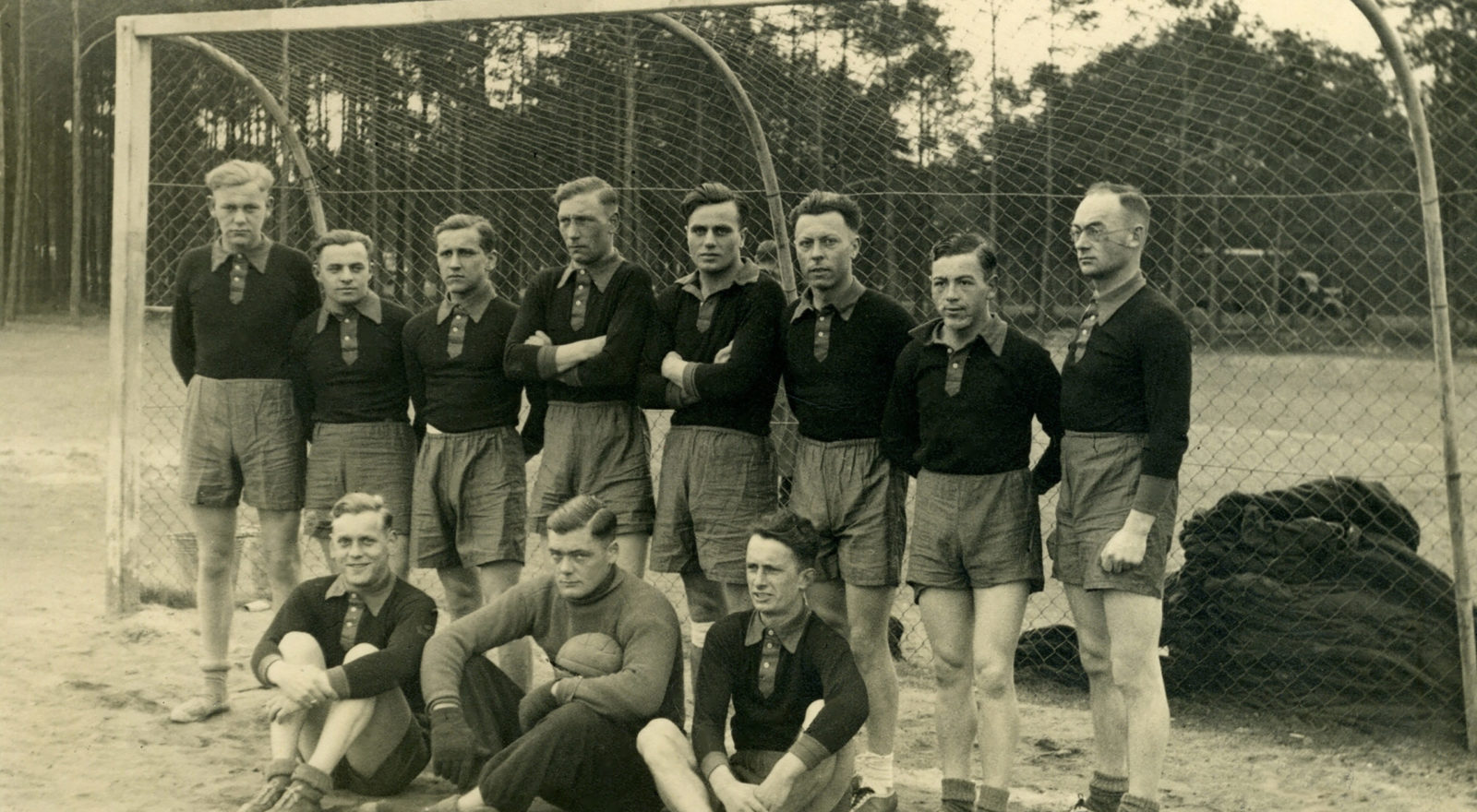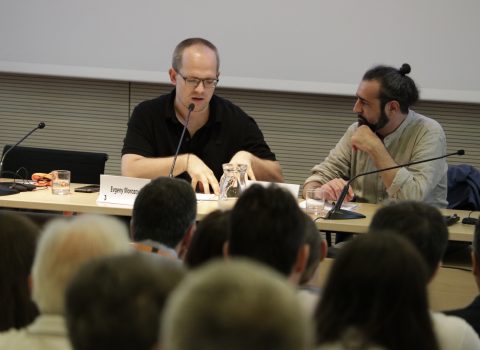
The geopolitics of soccer
Barring resounding twists and turns, Italy will not be at the World Cup to be played in Qatar between November and December. Those who struggle to cope with watching a World Cup orphaned by their national team can make up for it by diving deeper into the study of the history of the World Cup, to which historical research has in recent times devoted some attention.
For about fifteen years now, studies on the history of sports have intensified. Seminars and conferences on the history of major sports are multiplying, and political histories of the Olympics, histories of mountaineering, histories of soccer, cultural histories of cycling, histories of sports associationism, and histories of fan clubs are following one another quite rapidly in the publishing field.There has also long been an association that brings together sports history scholars, SISS (Italian Society for Sports History), founded in the early 2000s and led by scholars with relevant academic experience.
The landscape is varied and definitely in a flurry of activity. Soccer, in particular, has in recent years been an effective lens used by historians to interpret the evolution of political, social, economic and institutional phenomena.”Storie in costruzione“, the series of seminars organized by ISIG to reflect on some of the new frontiers of contemporary historical research, hosted a seminar to explore the methodological and thematic challenges of sports history, investigating its political implications in particular.
Riccardo Brizzi, professor of contemporary history, history and media, history of political communication at the University of Bologna, author of some relevant research on the political history of soccer, including a Storia della coppa del mondo di calcio (1930-2018), written with Nicola Sbetti and published for Mondadori in 2018.
Brizzi’s research shows in clear terms how the history of the World Cup is symbiotically intertwined with political history, precisely because of the strong symbolic value that soccer has taken on in mass culture and society over the past century. Political regimes, not only those of an authoritarian nature, understood very early on the relevance of sports as a factor of national cohesion and identity building.
Not surprisingly, in this sense, the main international soccer event has been used as a powerful tool for cultural propaganda and national self-assertion. Many of the editions of the World Cup have been highly valuable events from the perspective of international relations. When properly explored, they reveal not only the significant political and symbolic investment fostered by the host nations, but the diplomatic implications that international sporting events often conceal, as shown by the numerous boycotts that have marked the history of the World Cup from its inception to the present day.


